
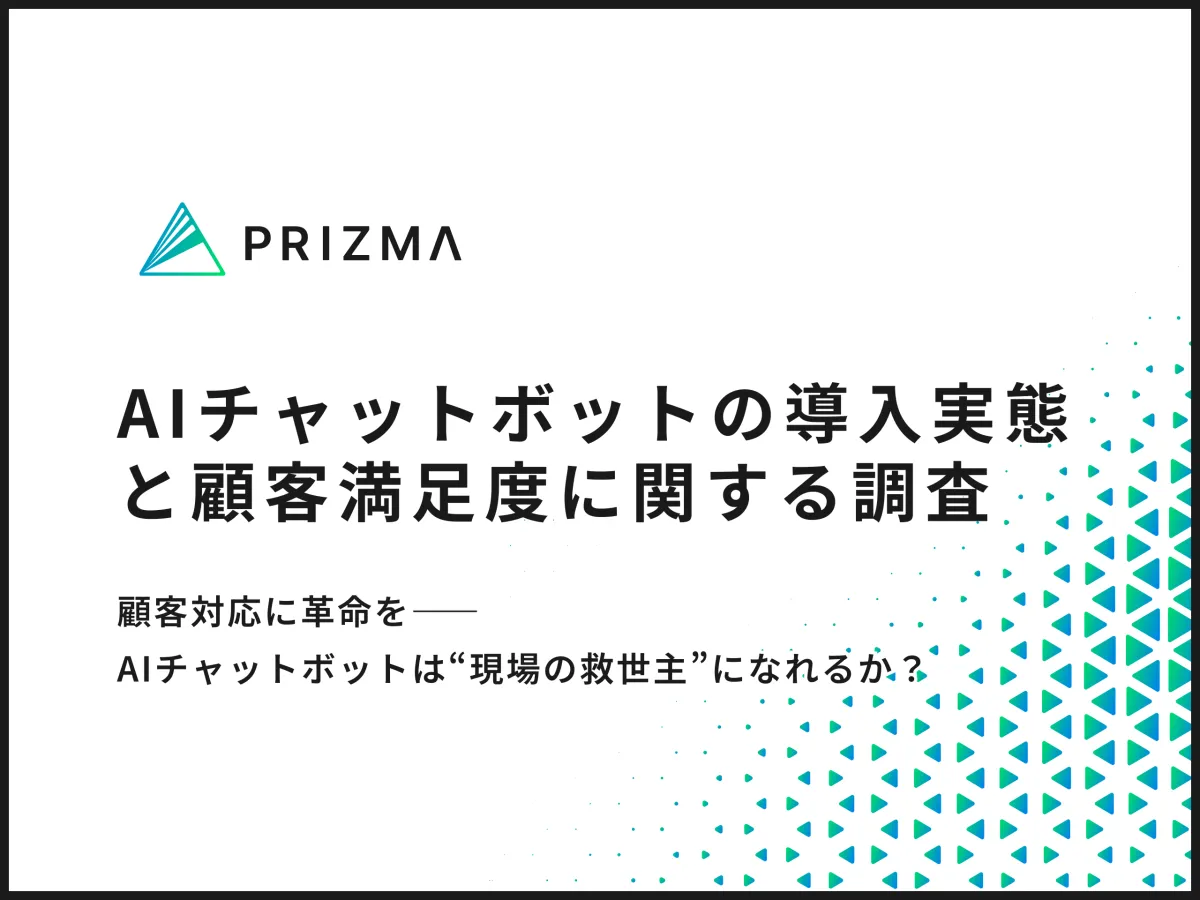
Exploring the Impact of AI Chatbots on Customer Satisfaction in Businesses
The Growing Role of AI Chatbots in Customer Support
The rapid advancement of AI technologies is significantly transforming customer service interactions. Particularly within the customer support sector, the implementation of AI chatbots has gained attention for its potential to enhance operational efficiency and customer satisfaction. A recent survey conducted by PRIZMA, focusing on customer support representatives and chatbot operators, unveiled important insights into the actual impact and future prospects of AI chatbots in the workplace.
Understanding the Challenges in Customer Support
In the preliminary stages of the survey, participants were asked about the primary challenges they face in their customer support roles. Surprising results indicated that 45.7% of respondents identified an increase in ticket volumes leading to staff shortages as their top concern. Other significant issues included the demand for 24/7 support (39.5%) and difficulties in focusing on critical tasks due to lengthy response times (36.1%). Additionally, a notable 28.9% reported high turnover rates among operators, showcasing the strain present within support environments.
As companies grapple with these challenges, interest in AI chatbots has soared. The survey revealed that over 37.5% of the companies have already adopted chatbots, while an impressive 40% are considering their implementation. Only about 20% indicated no plans to adopt AI chatbots, affirming that the majority are either using them or currently exploring the option.
The primary incentives driving adoption include a desire to improve operational efficiency (57.3%), cost reduction on staffing (48.0%), and enhancing customer satisfaction (35.0%). A noteworthy 30.8% of companies view this implementation as a step towards broader digital transformation strategies, highlighting a trend towards integrated digital initiatives beyond simple operational improvements.
Current Applications of AI Chatbots
When asked about the types of inquiries AI chatbots address, the majority (53.2%) engage with frequently asked questions, such as business hours, pricing, and service details. Other categories like resolving product or service issues (48.4%) and guiding users through purchase processes (39.9%) follow closely. These statistics indicate that chatbots are already streamlining customer interactions by handling routine queries, allowing human agents to focus on more complex customer needs.
Evaluating the Results of AI Implementation
Survey respondents from companies that adopted AI chatbots noted substantial reductions in operational workload. Approximately 33.5% claimed a 30-49% decrease in effort, while 30.3% experienced a reduction of 50-79%. Such reductions enable customer support teams to allocate more time to value-added tasks, improving overall service delivery.
Furthermore, regarding customer satisfaction levels, over 60% of respondents noted a positive impact from implementing chatbots, with 46.3% stating that satisfaction had improved. This data indicates that AI-driven support is enhancing customer experience, confirming the utility of chatbots in elevating user engagement.
Tools Used in AI Chatbot Implementation
Understanding the specific tools employed in chatbot environments was also a focal point of the survey. Multiple companies reported utilizing high-usage chatbot tools. For those interested in specific platform performance and usage data, PRIZMA provides detailed reports outlining the various tools in operation.
Importantly, over 66% of businesses that had not yet adopted chatbots expressed intentions to implement them soon, with 18.2% wanting immediate deployment and 48.6% considering integration within the next one to two years. This suggests a burgeoning interest in AI chatbots, signaling a critical phase of their adoption across various sectors.
Addressing Implementation Challenges
However, several barriers to successful chatbot integration and operation persist. A prominent concern is the high initial setup costs (43.6%), followed by ongoing operational expenses (38.0%). Technical challenges, including accuracy concerns and integration with existing systems, also pose significant hurdles. Addressing these challenges will be crucial for the broader acceptance and growth of AI chatbot use.
In concluding remarks, key factors influencing chatbot adoption decisions include response accuracy (39.0%), operational cost efficiency (37.0%), and initial investment (33.0%). Many companies prioritize both technical capabilities and cost implications in their decision-making processes, illustrating the complexity of choosing the right tools for customer support.
Conclusion
The survey results clearly demonstrate that AI chatbots play a vital role in enhancing customer support efficiency. Faced with staffing shortages and overwhelming demands, many companies are increasingly viewing AI solutions as a viable pathway for improvement. Nonetheless, they must navigate cost, accuracy, and integration challenges to realize the full benefits of AI implementations. Identifying the right tools and establishing clear objectives will be essential for companies to strategically leverage AI.
For those seeking deeper insights into current implementations and effective tools, detailed reports from the survey are readily accessible for downloading. Companies aiming to improve their FAQ readability and streamline inquiry responses should seriously consider chatbot integration as a strategic enhancement of their customer service frameworks.
PRIZMA also offers innovative promotional comics crafted in collaboration with top creators, providing a compelling way to boost brand presence and engaging customer storytelling.
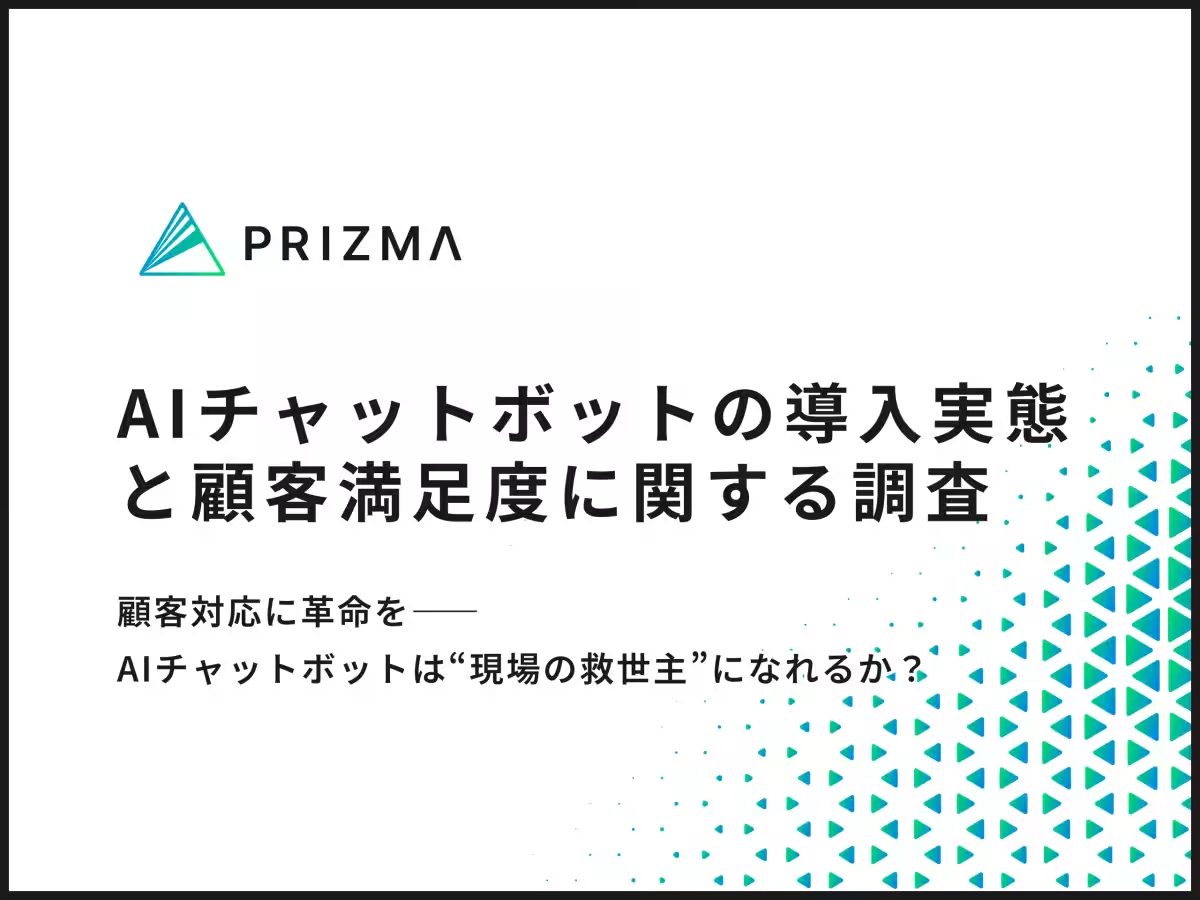
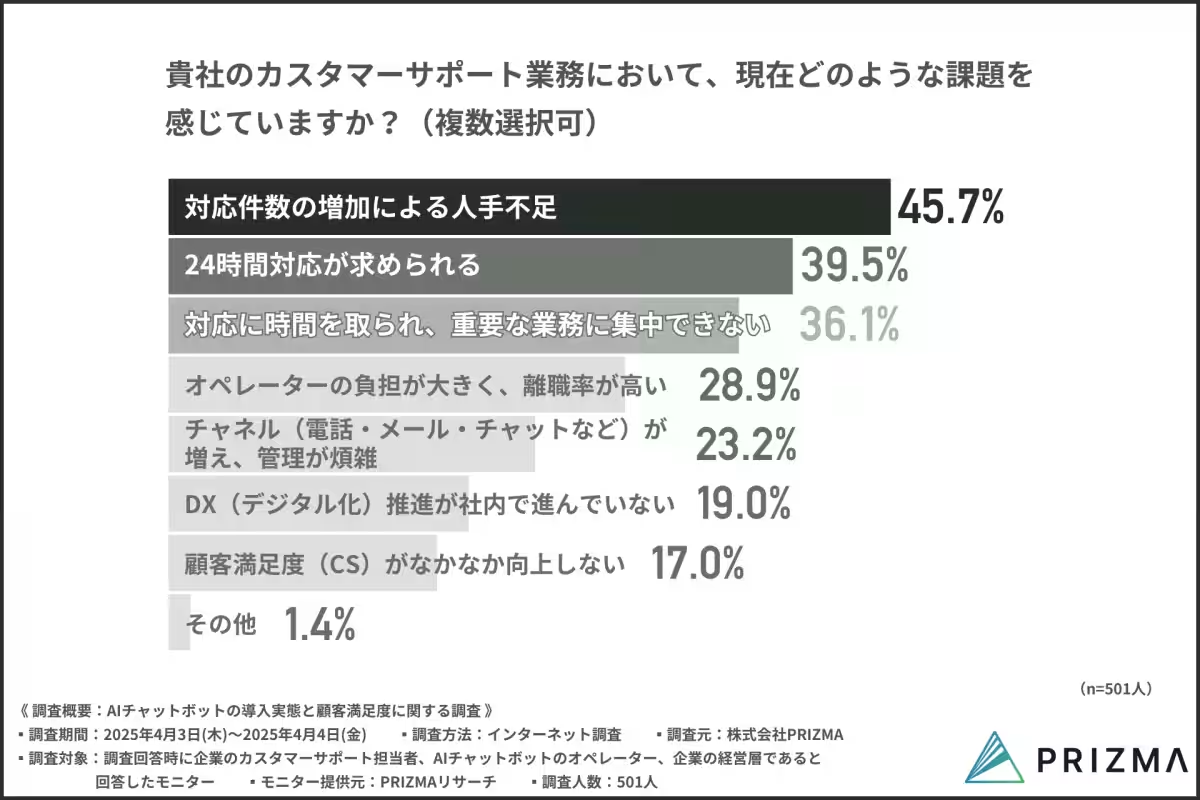
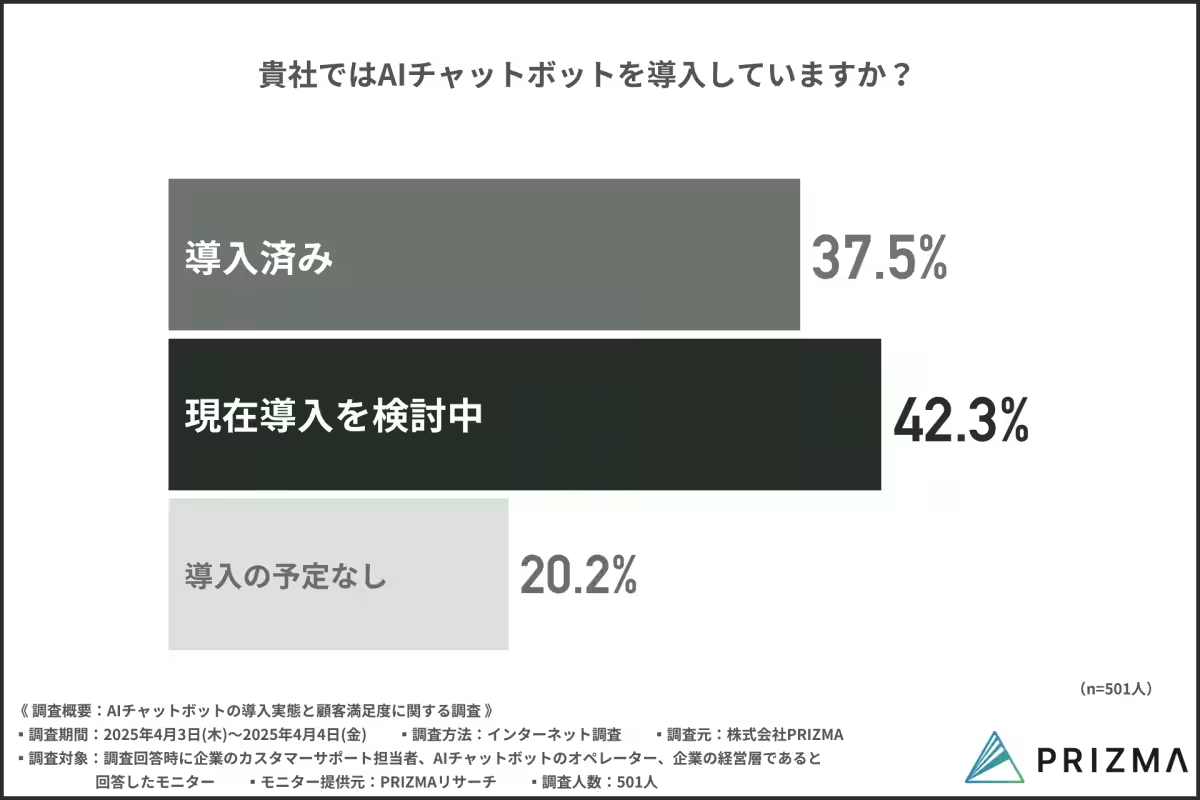
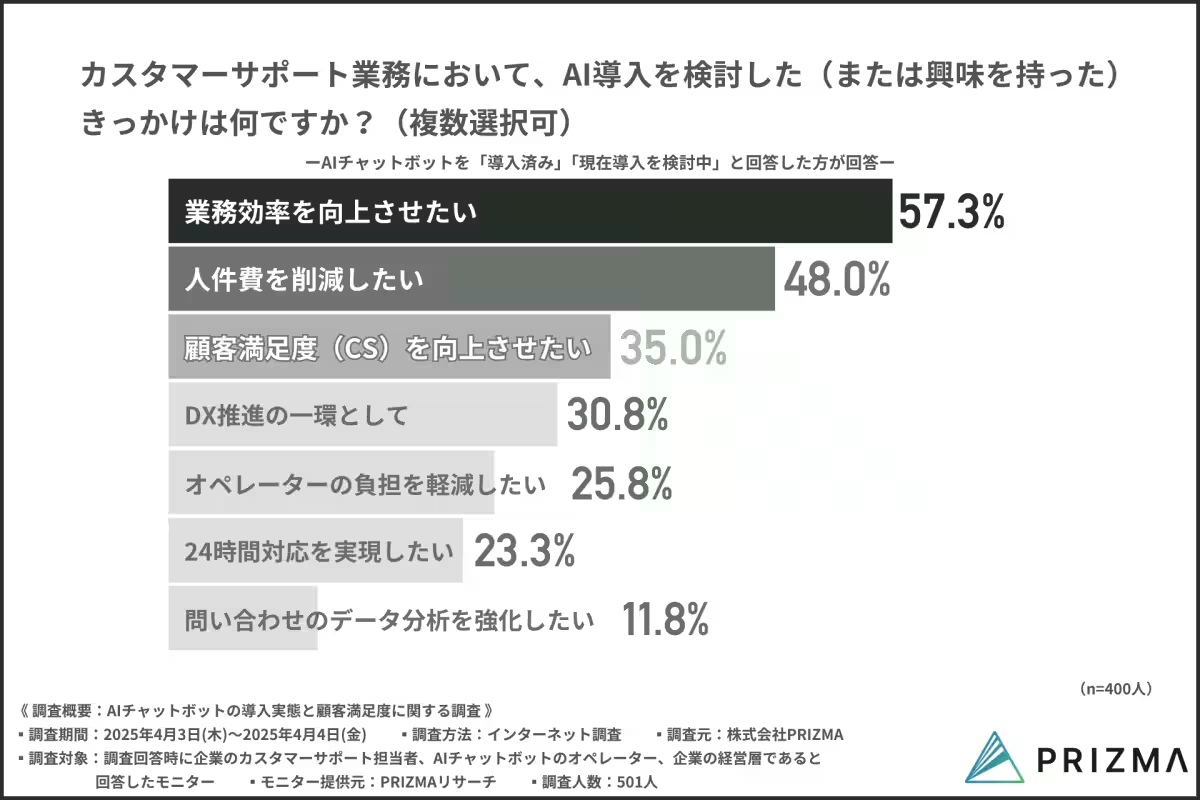
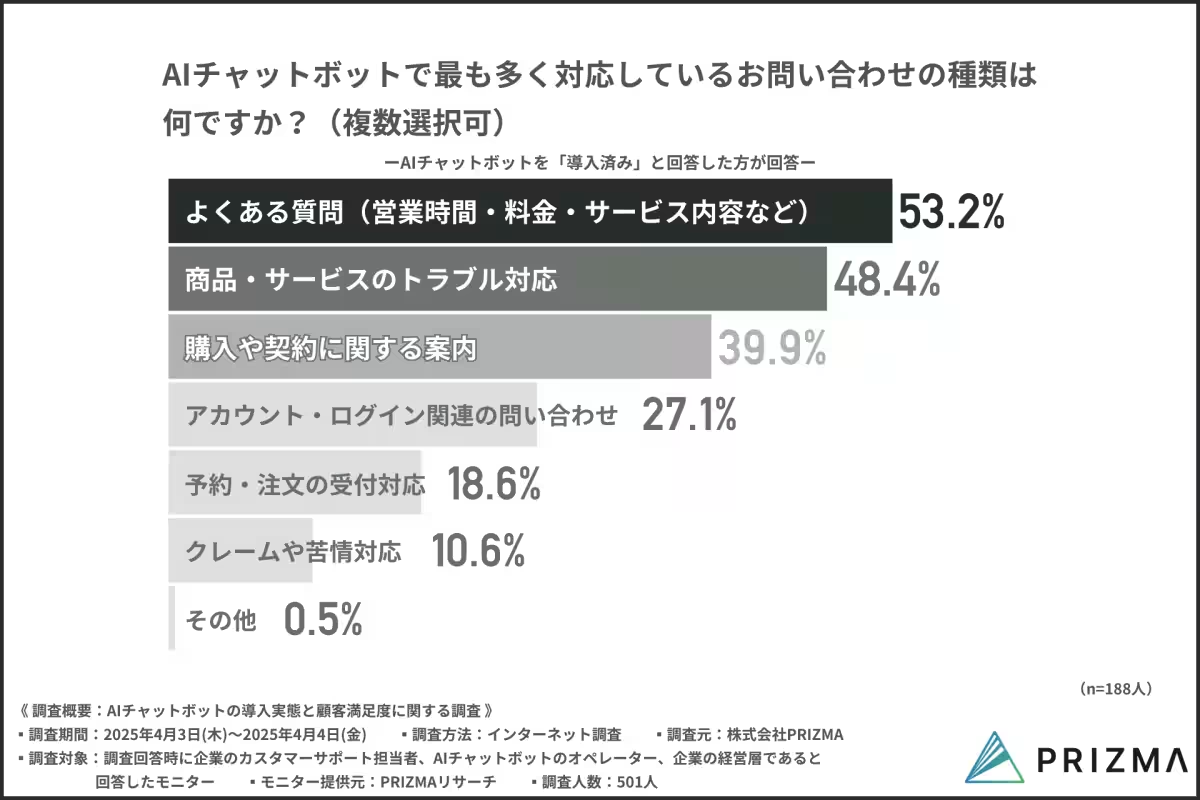
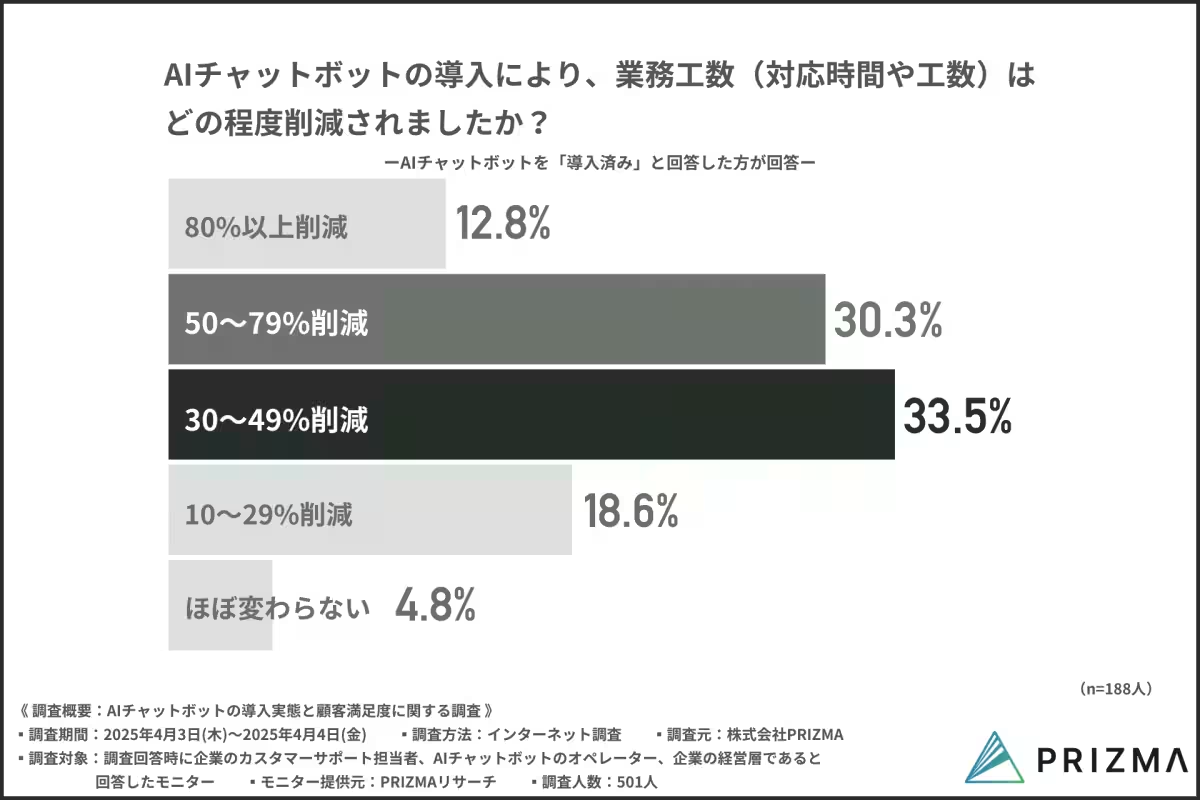
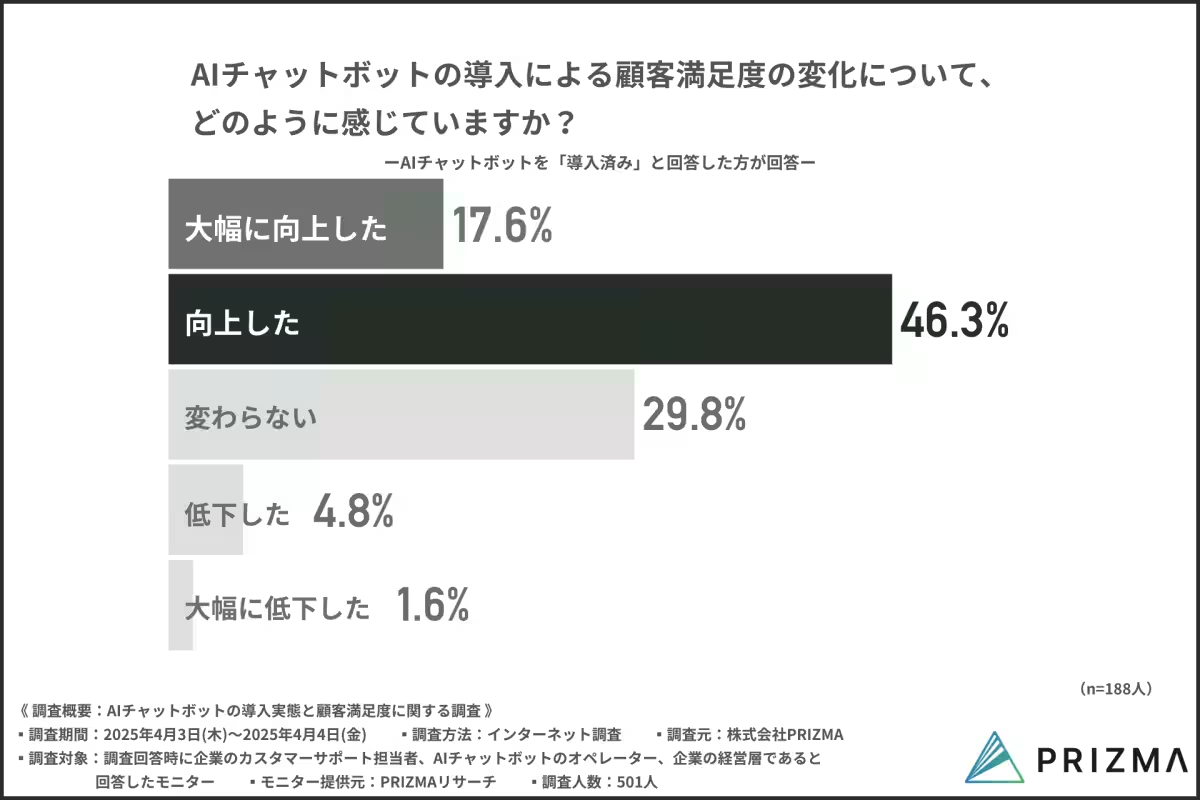
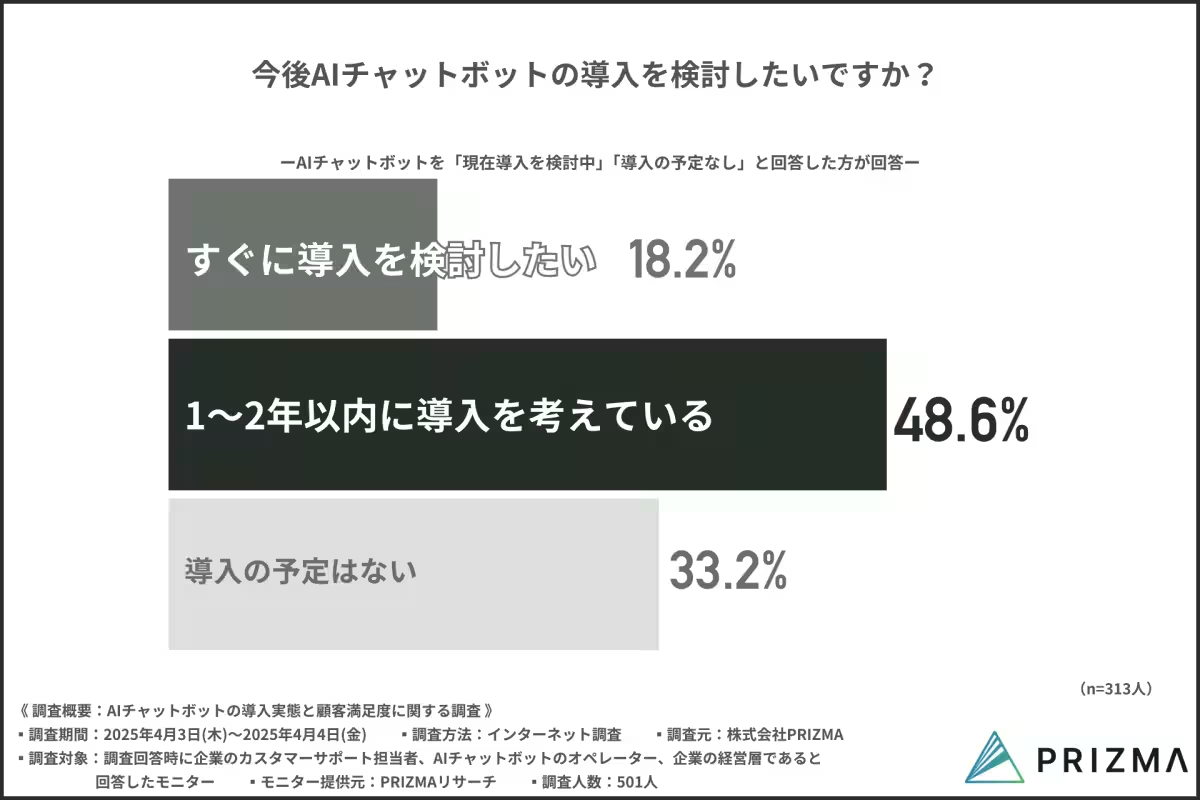
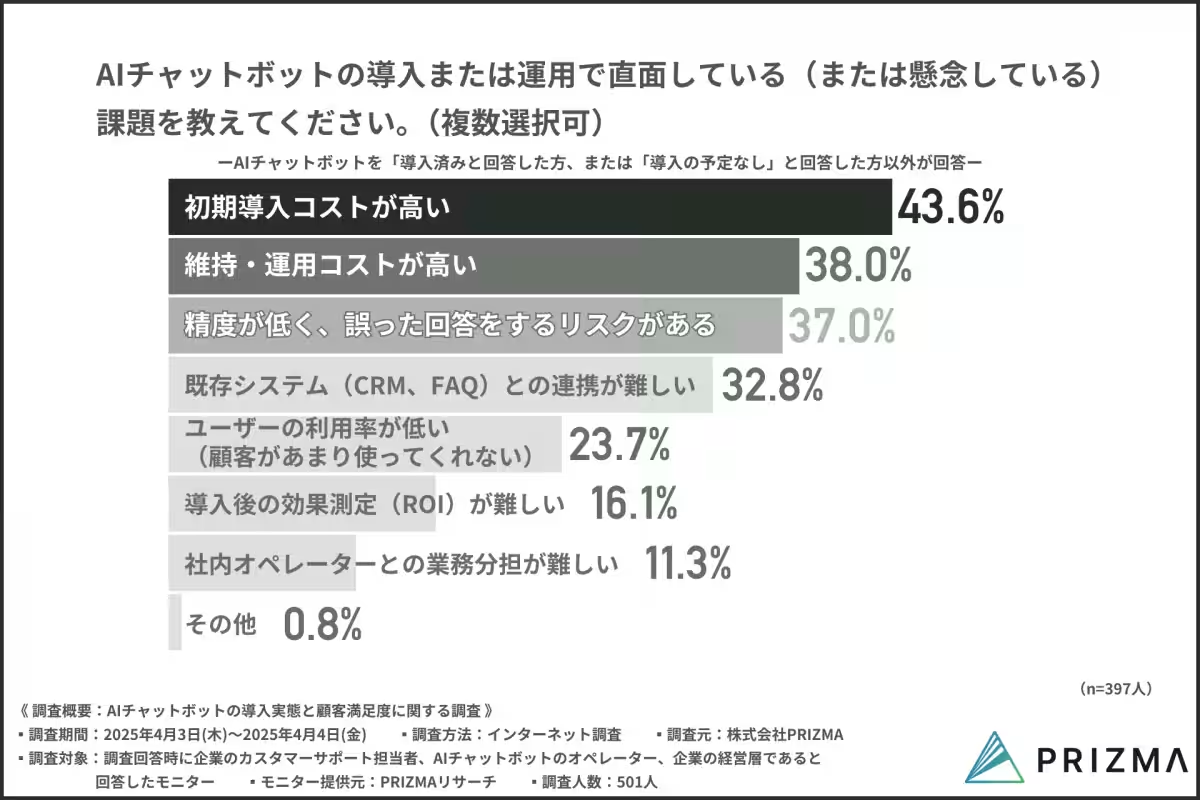
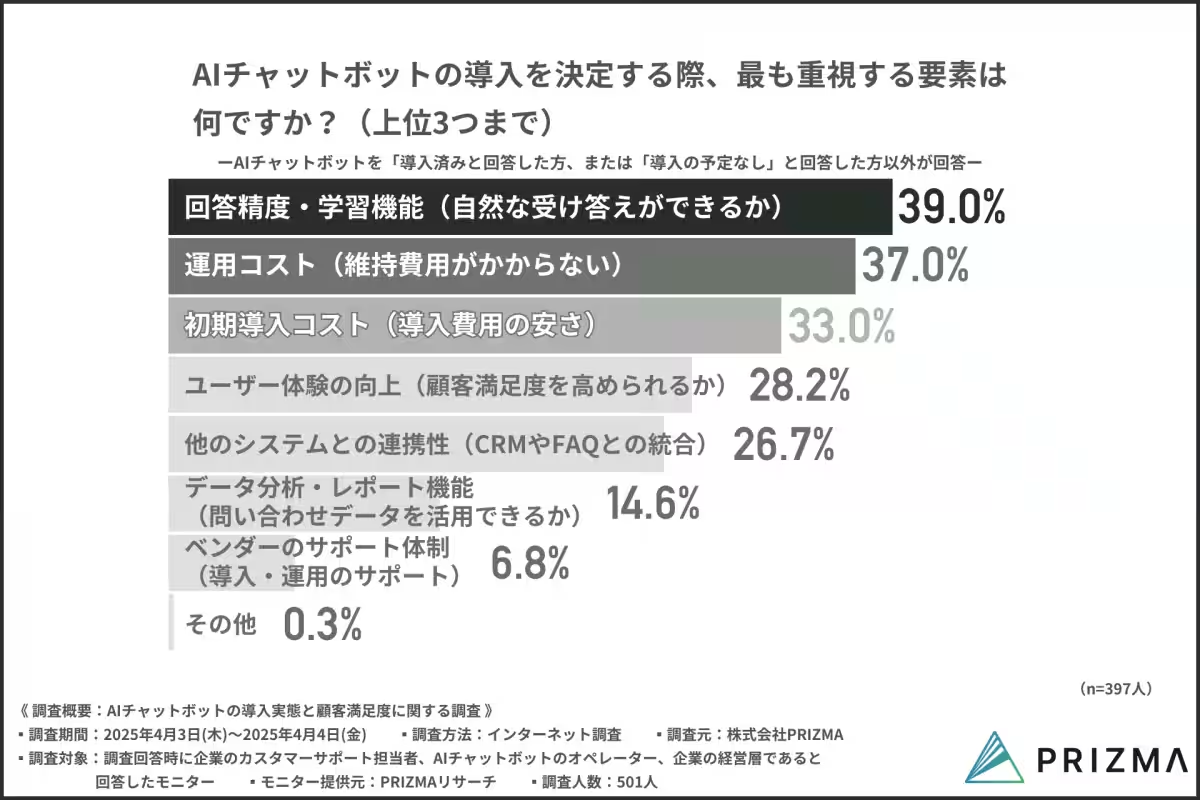

Topics Consumer Technology)










【About Using Articles】
You can freely use the title and article content by linking to the page where the article is posted.
※ Images cannot be used.
【About Links】
Links are free to use.